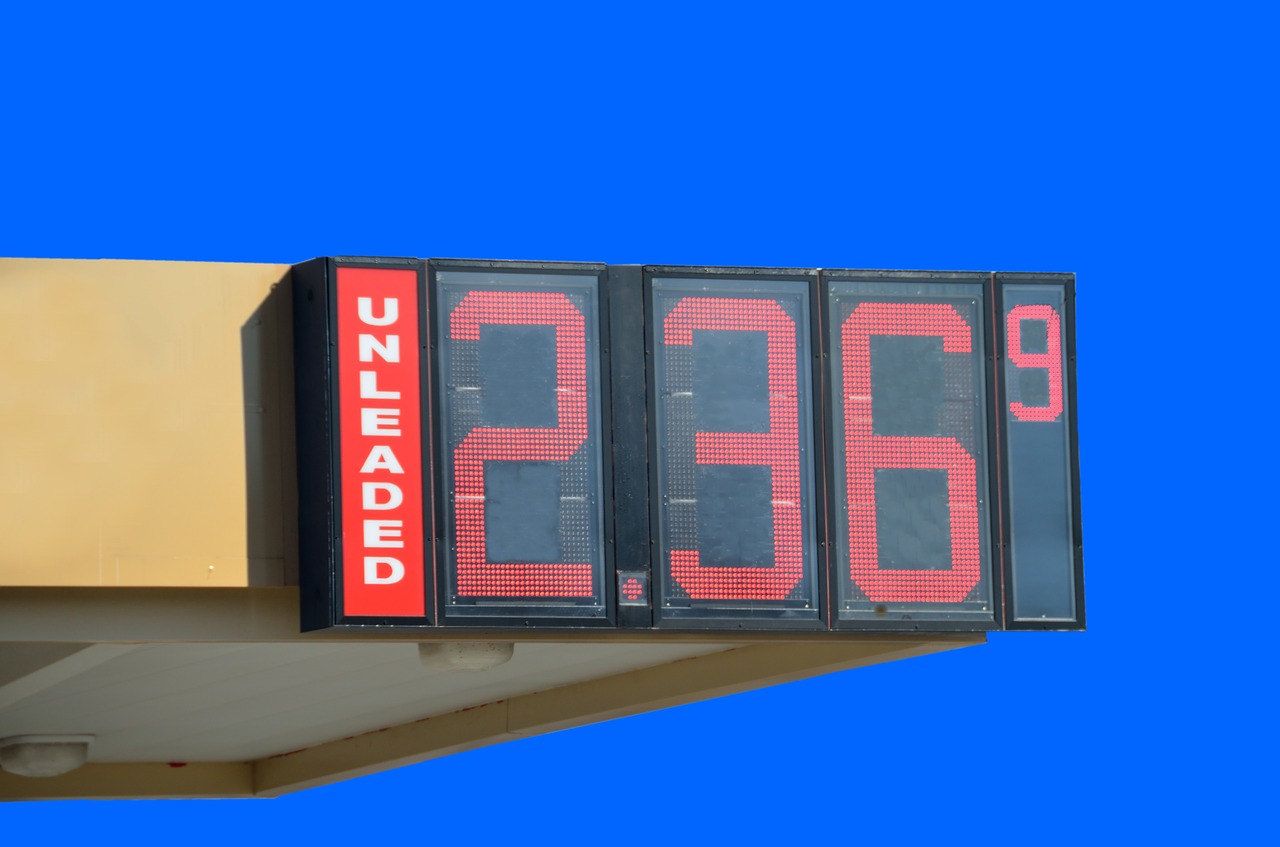Paying for fuel is one of the biggest expenses when it comes to having a vehicle. To save money, you may drive across town to refuel at a station with cheaper prices. However, this is not the only thing you can do to save money on fuel. Several factors influence the mileage you get from your fuel.
By driving conscientiously, you can maximize your fuel economy and cut down on your monthly fuel bills. Some of the things you can do to reduce fuel consumption, such as major hardware or software upgrades, are beyond the scope of everyday drivers. Still, individuals can do many things to improve their fuel economy and get the most from their cars.
Some tips to maximize your fuel efficiency include:
1. Keep your tires inflated to the recommended pressure.
One of the most impactful ways to maximize your fuel mileage is keeping your tires inflated at the pressure recommended by the manufacturer. Use a tire-pressure gauge to check the pressure regularly and add some air to the tires if necessary. Doing this will save some wear and tear on your tire treads while also improving fuel mileage.
Manufacturers recommend tire pressures based on handling, smoothness, and fuel economy, so adhering to the recommendations is usually the best course of option. If your tires fall below the recommended pressure, your ride will likely feel a bit smoother, but you will definitely loose some fuel mileage as a result.
2. Change out your vehicle’s filters.
Keeping your vehicle’s filters clean is one of the best ways to maximize fuel mileage. For newer cars, the air filter may not have a big impact on fuel mileage, but a dirty one will affect acceleration. However, if you have an older vehicle that does not have fuel injection and a computer-controlled engine, a dirty air filter can significantly decrease fuel mileage.
An important component for any vehicle is the fuel filter. You should probably change your fuel filter every 10,000 to 15,000 miles. Even the smallest grain of dirt can cause a fuel injector to clog, which will make the engine perform erratically and quickly reduce gas mileage. Changing the fuel filter is a quick and easy job that can have a big impact on performance.
3. Drive defensively and steadily in traffic.
Driving defensively means anticipating the actions of other drivers and thinking a few moves ahead of the current situation. Doing this can help you avoid both minor and major accidents. However, you may not realize that defensive driving also helps with fuel economy.
When you spend more time at a steady speed, your engine uses less fuel. On the other hand, sudden increases in speed will cause a lot of fuel to get injected into the engine. You should drive in a smooth manner, which helps keep fuel use fairly moderate. Using cruise control on the highway is a great way to minimize your fuel consumption since it reduces jumps in speed. Also, try to accelerate slowly and smoothly.
4. Maintain a reasonable speed on the road.
Perhaps it is not surprising to learn that speed is one of the primary determinants of fuel mileage. After all, going faster requires more fuel to accomplish that work. Research has shown that gas mileage starts to fall fairly quickly at speeds above 50 miles per hour. A government resource suggests that each five additional miles per hour over this speed is equivalent to pay an extra 14 centers per gallon for fuel.
Maintaining a reasonable speed, which may mean driving below the speed limit, helps ensure you keep your fuel bill as low as possible. Additionally, this practice will reduce the chances you get a ticket and help minimize the costs of your insurance.
5. Make your vehicle aerodynamic.
When you are setting out for a longer trip, you may place items on a roof rack. While doing this increases the amount of storage you have in your vehicle, it will negatively impact your fuel economy. Whenever possible, try to get everything inside the vehicle instead of placing things on top of the car. These items make the engine work harder to cut through the wind, so you will end up using more fuel.
You should also consider the fact that moving more weight requires additional fuel. If you are driving with many passengers, you may have noticed that your fuel mileage will decrease as a result. Try to keep your vehicle clear of clutter outside of necessary items.
6. Consider various fuel additives.
You may be skeptical of fuel additives since they can seem like a gimmick. However, these additives can actually help improve fuel mileage. Any products that contain polybutene amine can also help clean parts of the engine, including fuel injectors, intake valves, and carburetors. Cleaning the engine helps lower your overall carbon footprint and improves the vehicle’s carbon footprint while saving you some money.
If you choose to use additives, do some research about what is best for your particular vehicle and follow the directions for the product. Adding too much of a particular additive can damage sensors and other parts of the vehicle, so make sure you stay within the recommendations.
